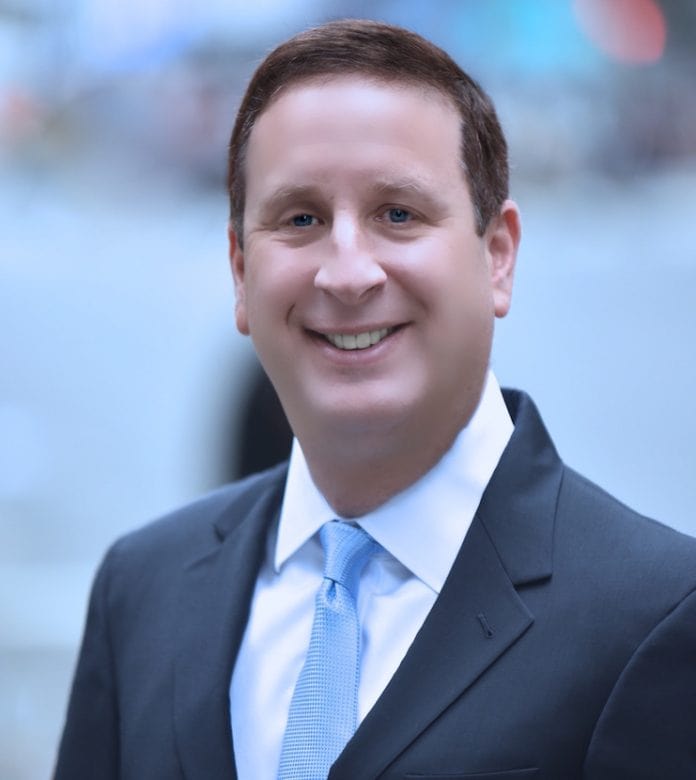
Peter Berk is president of PMZ Realty Capital LLC, a full-service real estate firm providing debt and equity for real estate projects—especially in the hospitality sector—on a nationwide basis. In these early days of the COVID-19 epidemic, Berk is fielding lots of calls from worried members of the hotel industry, and also hosted a webinar on the topic. Berk recently spoke to LODGING and shared his advice on weathering this storm for panic-stricken owners. In addition to handwashing, Berk stressed the importance of opening early communication with lenders and seeking guidance from trustworthy advisors and sources of information.
What are you saying to owners afraid of losing their properties now that travel is so drastically reduced?
We’re waiting for information now—things are changing by the hour—so while we figure things out, my job is mainly to offer reassurance. I tell them if they can’t make their mortgage payments or otherwise meet their obligations, they need to communicate with their lenders as soon as possible, perhaps try to come up with a short-term solution that shows good faith.
Hoteliers with portfolio loans—especially if they have taken out commercial mortgage-backed securities loans—should open such communication by first sending a letter explaining who they are and what their situation is. In addition to containing their property location and property ID number and their request to open a dialogue, this letter should provide support for their creditworthiness including a history of good payment; good guest satisfaction survey and quality scores; a good market position including demand generators; and a favorable STAR ranking.
I myself feel pretty confident that lenders wouldn’t go so far as to foreclose every struggling hotel in the United States; they may agree to defer some payments or take actions such put them in default for late payments or forbearance for three months.
What about lending—what’s happening on that side?
Although hotels will be able to take advantage of interest rates cut to nearly zero by the Fed, there’s no real lending going on right now while things are so uncertain. But the belief right now is that things will be better in the third and fourth quarters of this year.
Given that many expected at least a slight downturn in the industry after such a long period of record highs, why has this been such a hit?
You need to understand that hotel owners and developers are optimists; they not risk-averse, by nature. Building hotels requires a lot of risk. When we do cash-out loans with these entrepreneurs, they don’t put that money in the bank; they reinvest it in new hotels. So, they aren’t sitting on large reserves of cash. If they were conservative and concerned, they wouldn’t risk personally signing a $10 million construction loan and taking out $2-3 million to build another hotel. I myself would never do that. That’s why I’m not a developer.
What is your advice to those who are sweating now?
Other than “wash your hands”, I’d say, pay your mortgage if you can and arm yourself with information. A good strategy at this time—and for life in general—is to try to make sure there are no surprises. You need to communicate with your lender about your situation, but I suggest you first contact your lawyer to go over your loan documents to see what your rights are. And stay tuned for more information.
What news and information sources can hoteliers trust at a time like this?
I’d tell them to read reputable industry publications—like LODGING—and speak to people well established in the industry. They should definitely avoid those who contact them via blind email, for example, “consultants” offering services such as help in restructuring loans or offers of a forbearance. No one reacts that quickly; beware of scammers looking to make a quick buck. Just be careful, like you would in a personal situation.
What do you think is ahead for the industry?
My crystal ball says it’s going to be a rough April and May, but I see things starting to change in June. This virus is likely to be with us for a long time, but people will want to get back to their normal lives.
This article originally appeared in Lodging Magazine on April 6, 2020